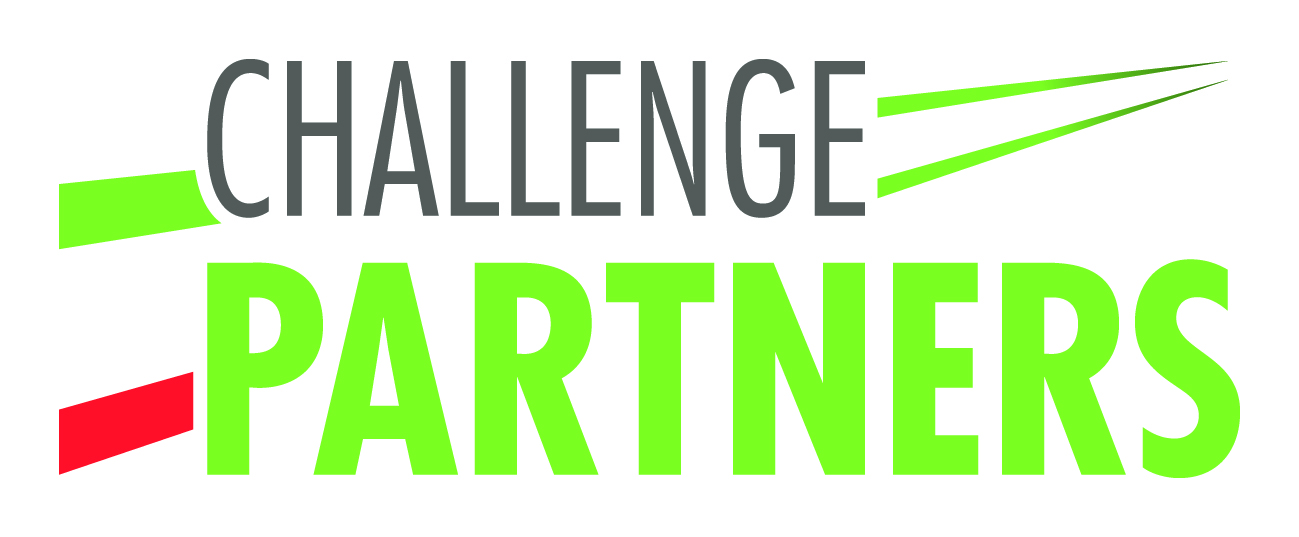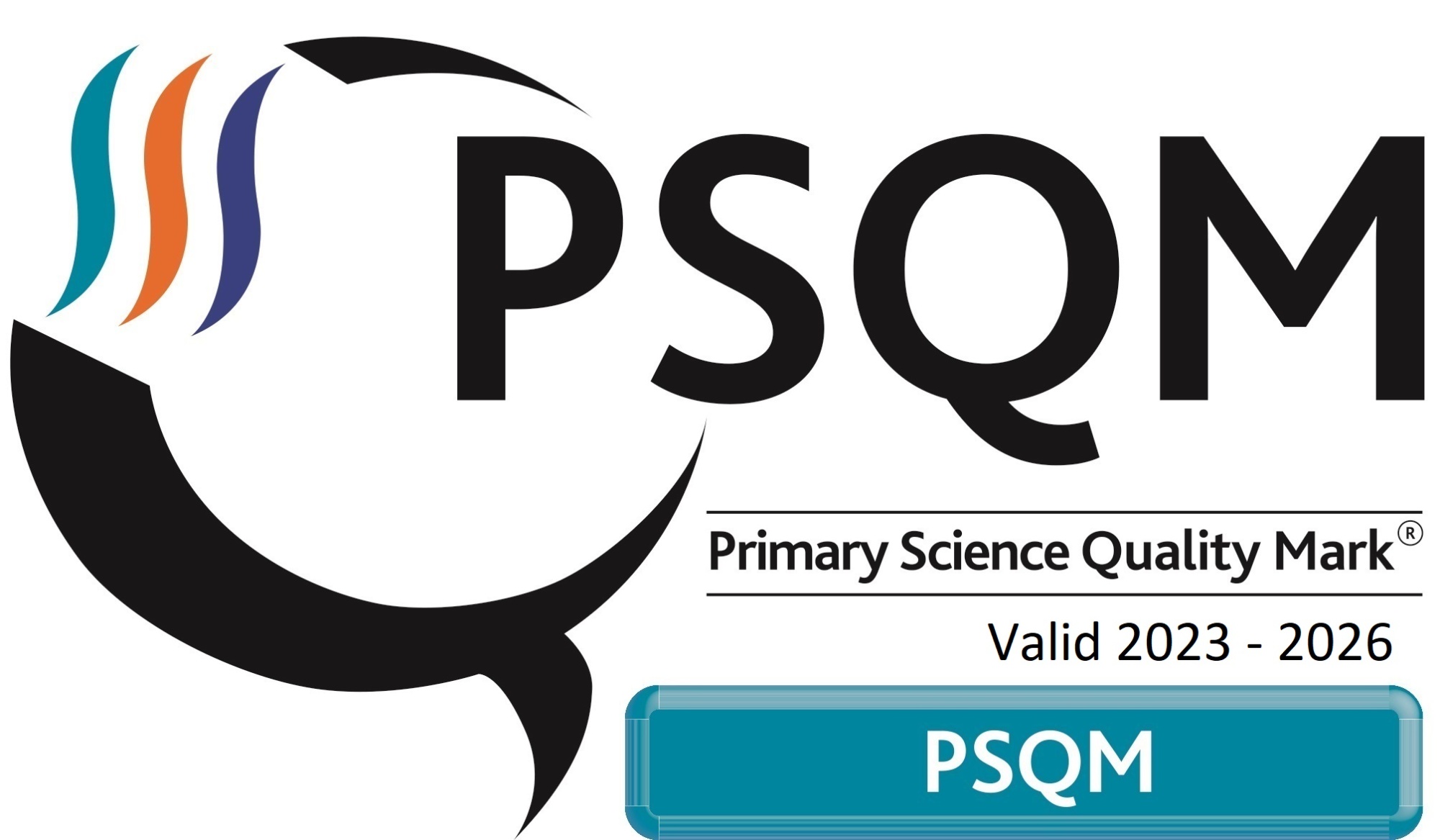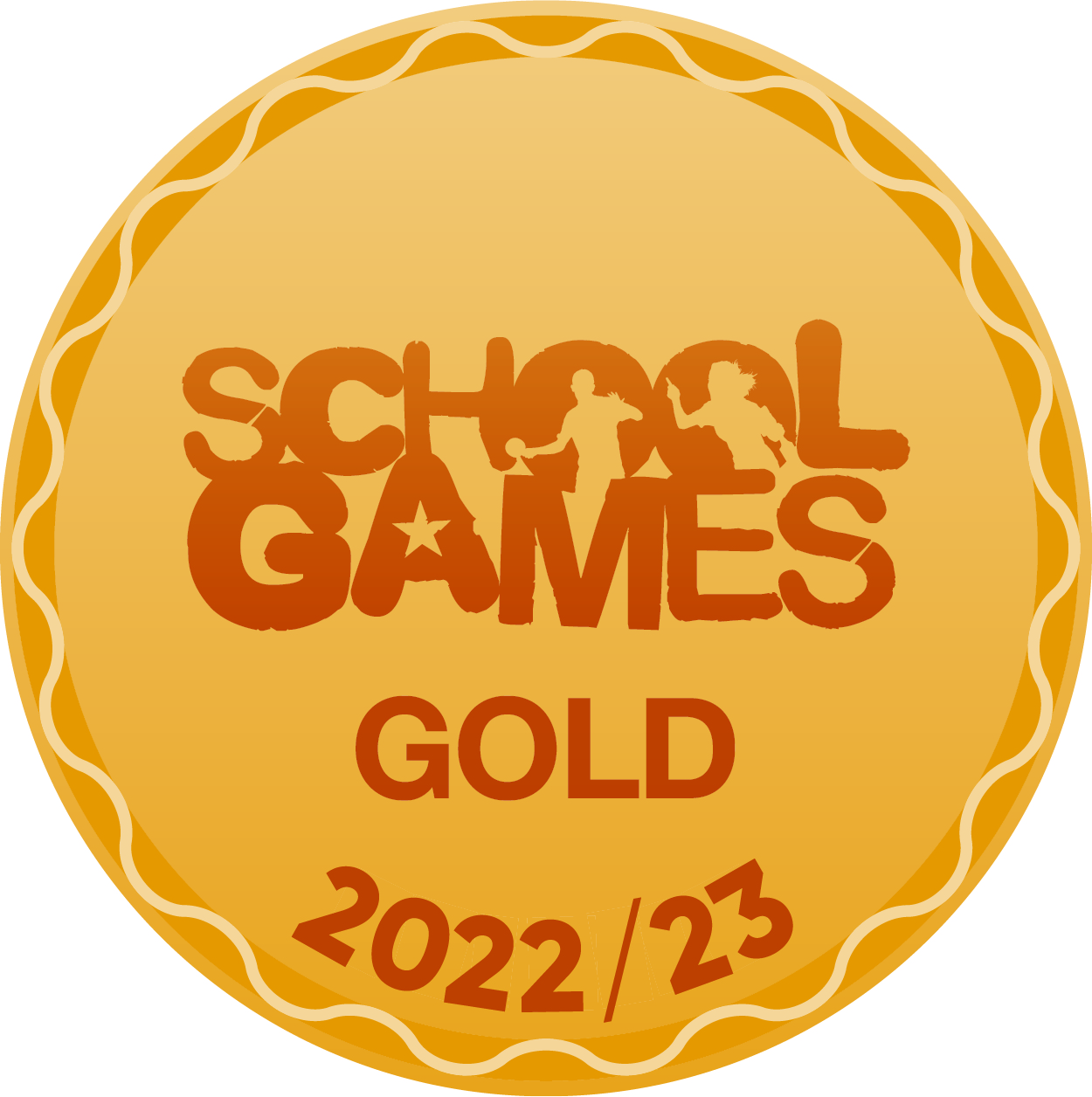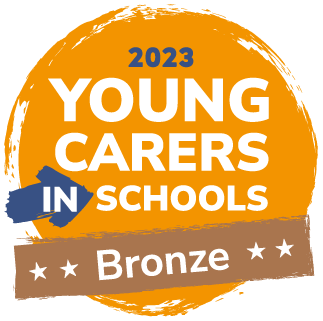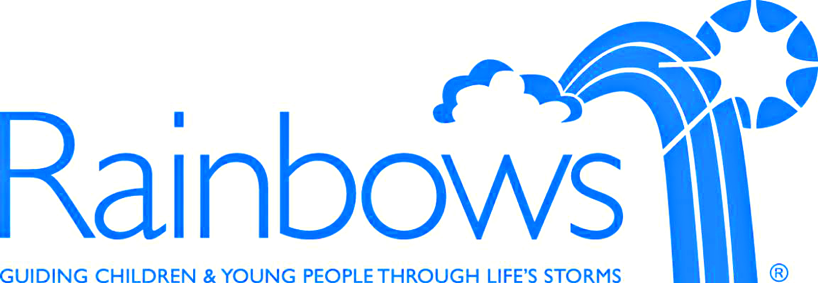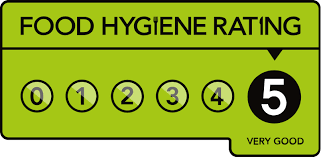EYFS Education Philosophy & Structure
A Blended Approach
Inspired by the research and writing focused on a ‘Planning in the Moment’ approach, whereby the children wholly shape their own curriculum, we offer plenty of opportunities for teachers to co-play and observe children within the continuous provision. Teachers and nursery nurses make skilled judgements in the moment of play to guide children in their developmental next steps. Sometimes, this will happen immediately; other times, this will be set up and built upon in the following days. However, linked to this child-led approach, we are keen that our children get exposure to a range of concepts, vocabulary and knowledge that they may not already be aware of. To ensure that our children are packed full of ideas, questions, stories and information to act as a springboard for their own enquiry-based learning, we use tailored versions of the Cornerstones Curriculum Maestro units as the starting points for each week or session.
Oracy First
At William Byrd Primary Academy, we believe that ‘Reading and Writing float on a sea of talk’. Our Literacy provision is set firmly within the context of language through speaking and listening. We sing every day, our adults’ first priority is engagement, interaction and co-play with the children. Through story-telling and offering an environment rich in literacy; asking questions, to check comprehension; rephrasing sentence structures to model to children correct spoken language; a range of objects and experiences to discover and explore; and through our Write Stuff writing programme, we ensure that language and the building up of a wide vocabulary is at the heart of our Reception provision.
Reading & Phonics
The most important thing you can do to give your child the best start in life is to read with them. It seems a long way off, but at the end of Year 1, children sit a national Phonics Screening Test to assess whether they have met the expected level for their age. At the start of Reception, children begin working through the Set 1 sounds from Read Write Inc., our chosen phonics programme. Every half term, they are assessed and placed in ‘stage not age’ groups according to their level. They have a daily session, as well as twice daily ‘speed sounds’ lessons. With daily reading practice at home, children should make rapid progress, and by the end of reception should be able to write and say a sound for each of the 26 letters of the alphabet and for 10 additional sounds made up of two letters (such as ‘ch’ and ‘ay’). If they do not keep up with the expected progress additional interventions are put into place, such as one-to-one tuition. However, it is essential that reading happens daily at home.
The School Day
When children arrive, they are immersed in morning ‘freeflow’ (continuous provision) and invited to self-register so they can get straight into their day. They then have a 45 minute phonics session, followed by a writing and a maths session. Both of these involved a teacher-led carpet input, followed by linked activities, either within the provision or as directed tasks working in their Maths and Writing books. After lunchtime, the children go in to their full freeflow, where the full Reception area, including the outdoor area and the corridor, is opened up for learning through exploration and discovery.
The Third Teacher
In early years education, experts sometimes refer to ‘the third teacher’: the environment. Taken from a curiosity, enquiry based approach, this emphasises the importance of a well-resourced, open-ended and accessible learning environment. We strive to make sure our Reception space is open, inspiring, fluid, constantly changing and growing with the children. We have creative areas, sensory play, small world, role play, construction, fine motor, and imaginative prompts set up. These are often linked to our curriculum learning or current text.
7 Areas of Learning
We use the government optional framework, ‘Development Matters’ to shape our learning and assessment. This outlines the three characteristics of effective learning as well as seven key areas. We have specific areas and activities focused on each of these, but also encourage fluid learning in different styles, across all areas and in a multitude of ways. Our staff use this document as a starting point for assessing what level children are working at, their areas of strength and how to move them on.
Specialists
Every Reception class has a named class Nursery Nurse alongside their class teacher. These familiar adults will get to know your child and their learning interests, observing them and co-playing alongside them. However, your child will also attend weekly PE and Music sessions with our specialist teachers, who join us from external companies called Sing and PSD. They support with development and instruction in PE, physical development, speaking and listening, and expressive creativity.
Attendance
At the end of the term following your child’s 5th birthday, their attendance at school becomes statutory. This means the must attend school no less than 90% of the time. Along with reading and healthy choices regarding sleep and diet, attendance is one of the biggest indicators of school success. Missed lessons, lost learning opportunities and fewer chances to interact with the collaborative learning of the class community can all have significant impact on outcomes. Please be mindful of this and seek guidance from our Welfare Officer or Admissions Officer if you are not sure whether a child is well enough to come to school.
Assessment
The end of a child’s Reception year not only marks the transition into Year 1 and learning through the National Curriculum, but also the end of their journey in the Early Years Foundation Stage. As part of this, teachers provide judgements, which are shared with the local authority, on whether a child is ‘emerging’ or ‘expected’ across the seven areas, broken down in to seventeen statements knows as the Early Learning Goal. With your child's end of year report, you will also receive an overview of their attainment against each of these.


